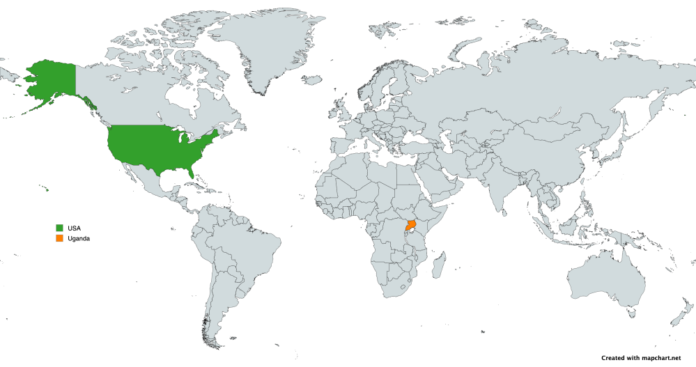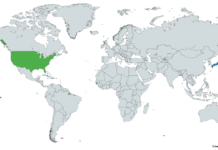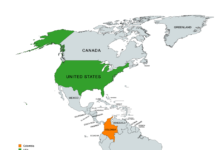
Uganda has announced an arrangement with the United States to receive certain migrants who face deportation but cannot return to their countries of origin. The agreement, described by Ugandan officials as temporary, sets clear limits on who may be relocated under the plan.
According to Uganda’s foreign affairs ministry, the deal excludes individuals with criminal records and unaccompanied minors. Vincent Bagiire Waiswa, the ministry’s permanent secretary, emphasized that Uganda would prefer to receive deportees of African nationalities. “The two parties are working out the detailed modalities on how the agreement shall be implemented,” he said in a statement.
The development comes as the Trump administration continues efforts to expand deportations of people who entered the United States illegally. President Donald Trump campaigned on promises to enforce immigration rules more strictly, and his administration has sought agreements with countries willing to accept third-country nationals. In July, the U.S. sent five men with criminal convictions to Eswatini and eight others to South Sudan.
Uganda is a long-standing partner of the U.S. in East Africa and currently hosts nearly two million refugees, largely from the Democratic Republic of Congo, South Sudan, and Sudan. The country’s reputation for accommodating displaced people has drawn international attention, though officials stress that its resources are limited.
Henry Okello Oryem, Uganda’s minister for international relations, raised concerns about the nature of the arrangement. Speaking to the Associated Press, he questioned why Uganda should accept individuals rejected by their own nations. “We are talking about cartels: people who are unwanted in their own countries. How can we integrate them into local communities in Uganda?” Oryem asked. He added that the government was focused on issues such as trade and sanctions rather than taking in migrants from the U.S. “That would be unfair to Ugandans,” he said.
Confusion surrounded the deal earlier in the week, when another Ugandan official denied media reports about such an agreement, citing a lack of facilities to accommodate deportees. The ministry later clarified that discussions with Washington had concluded, though details on implementation remain unsettled.
The U.S. side has not issued a full response. Newsweek reported that Immigration and Customs Enforcement had been contacted for comment outside regular hours.
The backdrop to the deal includes recent legal disputes in American courts. In one case, a federal judge allowed the Trump administration to deport migrants to South Sudan despite concerns about violence in the country. The Supreme Court also ruled in June that U.S. officials may carry out expedited removals to third countries, limiting the ability of migrants to challenge such transfers in court.
For Uganda, the arrangement adds to an already complex role in regional migration management. While the country continues to be praised for offering refuge to neighbors in crisis, accepting deportees from outside the continent raises questions about fairness, security, and capacity.
As the U.S. and Uganda finalize the mechanics of the agreement, attention will turn to how many people are transferred and whether the temporary deal evolves into a longer-term arrangement. For now, Ugandan leaders continue to balance their international partnerships with concerns about domestic impact.
Green = USA
Orange = Uganda
Image is licensed under the Creative Commons Attribution-Share Alike 4.0 International license and was created using MapChart (https://mapchart.net).







